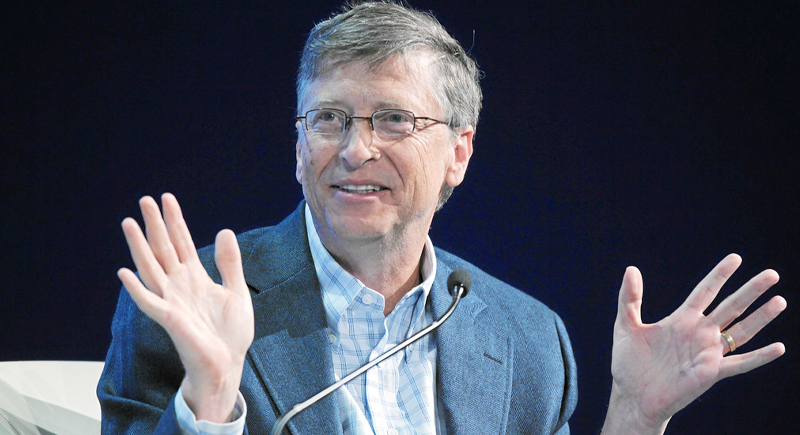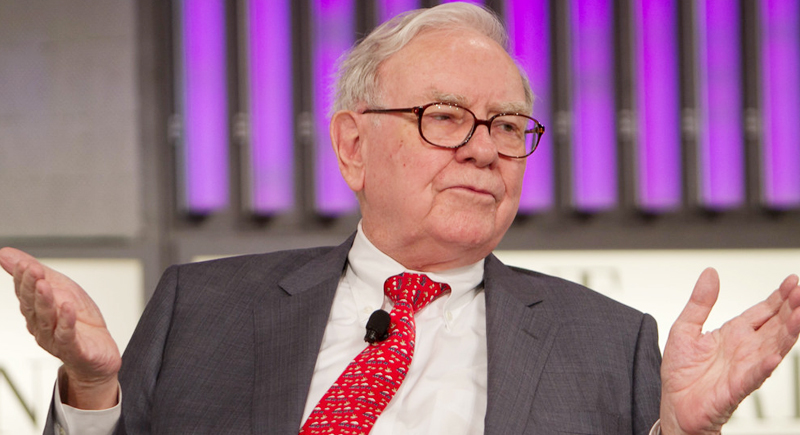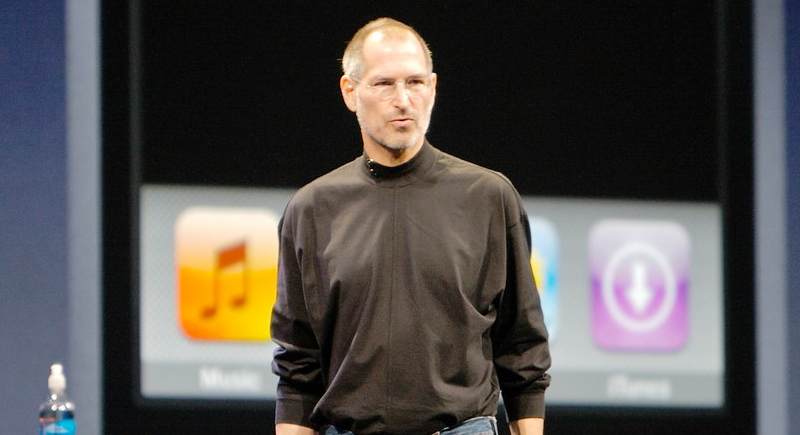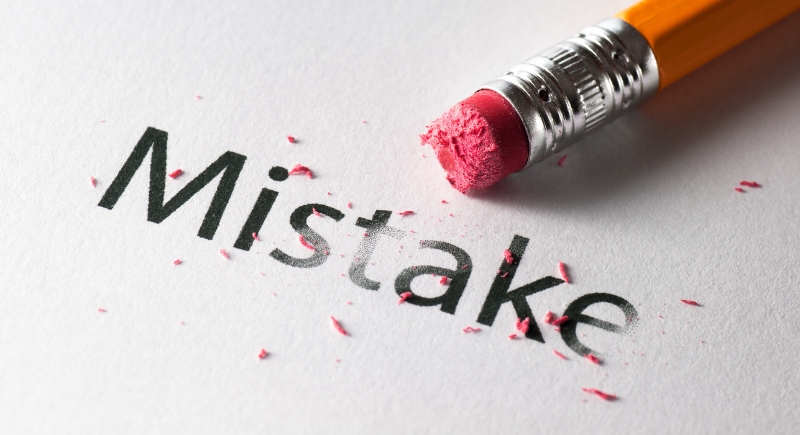4 Things Top Entrepreneurs Stopped Doing to Reach the Top
Success leaves clues, but so does failure, and the best in the business know when to walk away from habits that don’t serve them. We’re not here for another hustle-hard pep talk. Instead, this is a real look at what smart, driven founders gave up to make serious progress. They are refreshingly doable, and you’ll probably start eyeing a few of your routines with a new perspective.
Obsessing Over Perfection

Credit: flickr
Bill Gates once said, “Don’t let perfect be the enemy of progress.” Top entrepreneurs have learned that chasing flawless outcomes burns time and creativity. Shipping a good product now beats an ideal one that was never finished. They refine as they go while trusting the process over perfectionism and using feedback as their compass.
Saying Yes to Everything

Credit: flickr
Early in their careers, many said yes out of fear or politeness. Now, top entrepreneurs protect their time like gold. Warren Buffett famously said that success comes from saying no to almost everything. Clear priorities let them focus on what truly matters—and that rarely includes endless meetings or random favors.
Trying to Please Everyone

Credit: Getty Images
Pleasing everyone is a fast track to burnout. Entrepreneurs who thrive dropped the need for universal approval and started leaning into clarity over consensus. Their goals became more important than someone else’s comfort. The right audience usually sticks around while the rest filters out—and that makes room for better alignment and traction.
Filling Every Hour

Credit: freepik
Back-to-back schedules and no white space used to feel productive. But Elon Musk now schedules thinking time. These empty blocks are essential because restored mental clarity makes space for ideas to actually breathe, evolve, and lead to breakthroughs.
Chasing Every Trend

Credit: pexels
Market fads come and go faster than most people can blink. Smart entrepreneurs quit trend-hopping and start building with long-term vision. They zoom out, focus on fundamentals, and watch others get whiplash while they make consistent progress on ideas built to outlast the noise.
Doing It All Alone

Credit: freepik
Self-made doesn’t mean solo forever. Scaling up requires letting go. The most successful founders hire smarter, delegate wisely, and stop treating burnout like a badge. They learn to build systems, trust others, and collaborate instead of micromanage. That’s how they moved from being operators to true leaders with impact.
Ignoring Their Health

Credit: flickr
Steve Jobs once admitted that neglecting his health cost him dearly. Many top entrepreneurs now make wellness a business priority, not an afterthought. They don’t glorify overwork and instead schedule workouts, sleep, and decent meals. After all, sick bodies don’t build thriving empires. A healthy founder is a productive one.
Seeking Constant Validation

Credit: Getty Images
There was a time entrepreneurs needed every win to be noticed. That phase ended fast. The best in the game stopped needing applause to stay motivated. Internal goals replaced external approval. Building something meaningful became enough. And ironically, once they stopped chasing validation, it often came knocking anyway—bigger and louder.
Sticking With What Doesn’t Work

Credit: Canva
Clinging to failing products, platforms, or habits may have been branded as loyalty. But sunk-cost thinking holds big dreams, hostage. Eventually, successful entrepreneurs learned to pivot fast by ditching what drained momentum. Winners don’t drag baggage into the next phase—they cut their losses early and invest that energy into the next big win.
Multitasking

Credit: Getty Images
Doing five things at once sounds efficient until everything takes five times longer. Billionaires like Bill Gates have mastered deep focus. Instead of juggling chaos, they concentrate on one mission at a time. Mental energy is finite, and multitasking drains it. They traded busy work for meaningful progress—and the results show.
Waiting for the Perfect Time

Credit: Minerva Studio
Timing matters, but waiting forever kills momentum. The top-tier crowd stopped waiting for the stars to align. They made the call, launched the project, and started the pitch—ready or not. Progress comes with motion and no hesitation. Even if the first version flops, it teaches something that couldn’t be learned while standing still.
Dwelling on Mistakes

Credit: Getty Images
Regret is a luxury that entrepreneurs can’t afford. They learned quickly, adjusted faster, and moved on. Spending days beating themselves up only delayed the next breakthrough. They built feedback loops, not guilt spirals. The faster the bounce-back, the sooner they got back to building.
Wasting Time on Social Media

Credit: Getty Images
Endless scrolling quietly drains hours and focus. Many top entrepreneurs now outsource social media or schedule strict usage windows. Time once lost to doomscrolling gets funneled into strategy sessions, learning, or actual rest. Presence matters more than performance. Their attention shifted from chasing likes to building legacies worth remembering.
Comparing Themselves to Others

Credit: freepik
They used to track other people’s highlight reels like metrics. Eventually, that comparison game got old. Now, top entrepreneurs keep their eyes on their own path. They draw inspiration, not insecurity, from others. It’s less about being the best and more about being better than they were last quarter.
Overplanning Everything

Credit: freepik
Enterpreneurs aim for direction, not rigid control. Too much planning leaves no room for agility. The pros sketch a roadmap but stay loose and ready to shift gears. Momentum, not spreadsheets, gets them where they are. Flexibility is their new superpower.